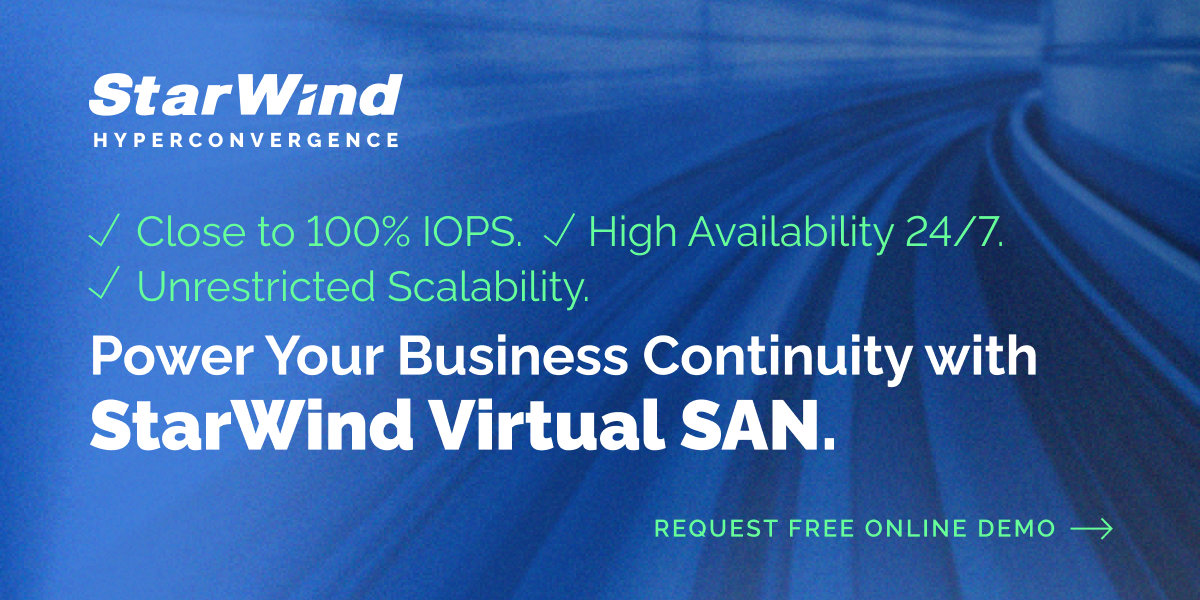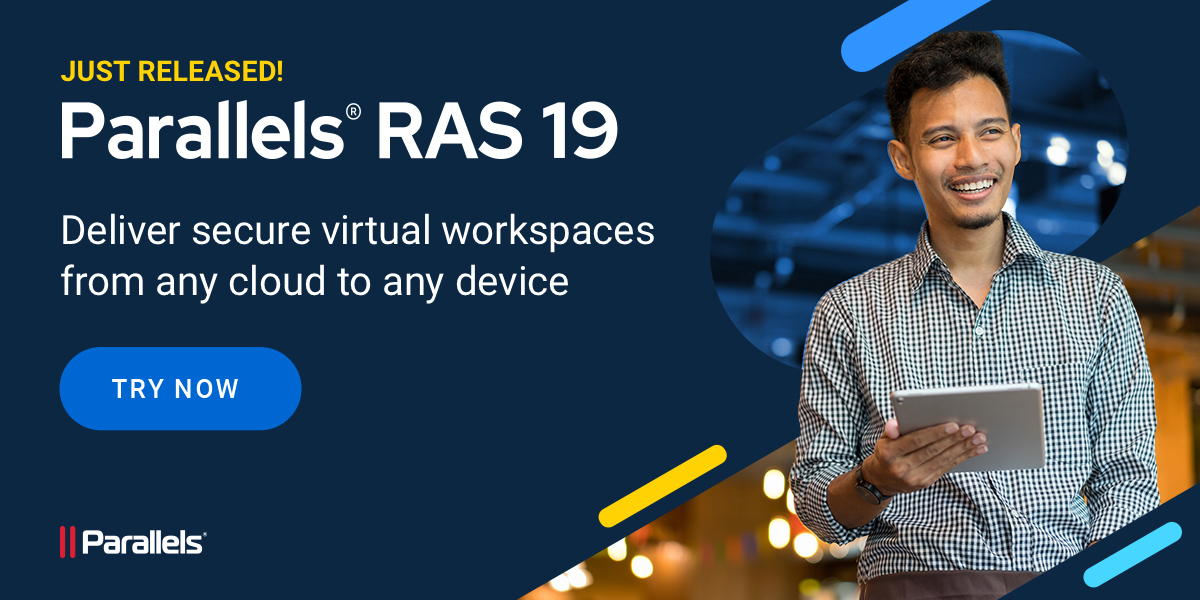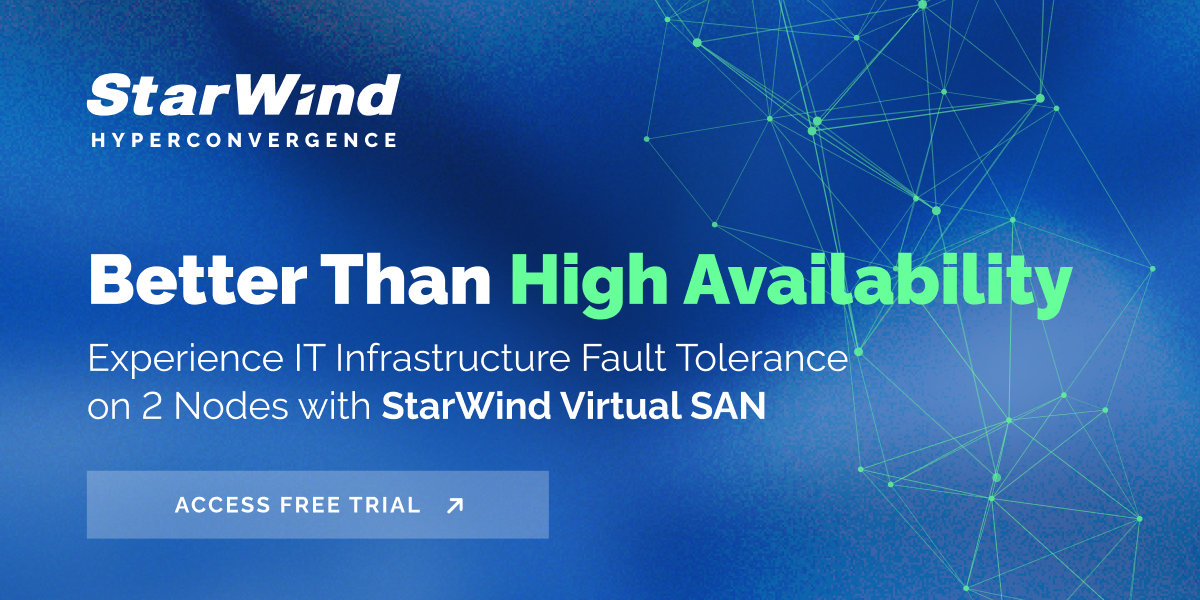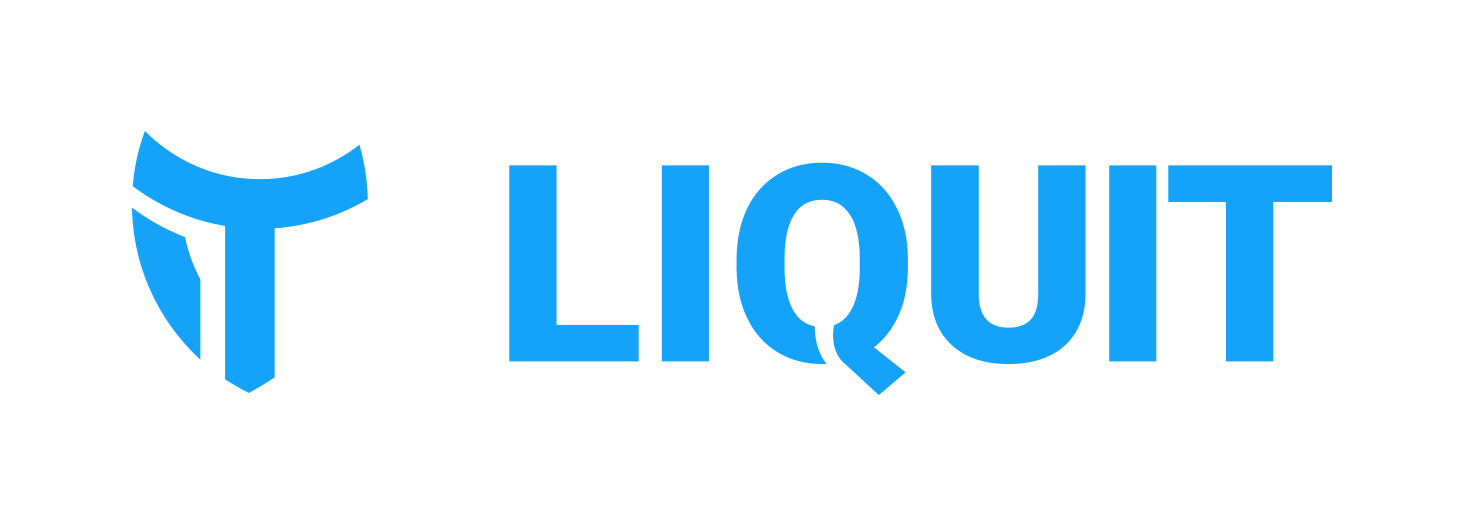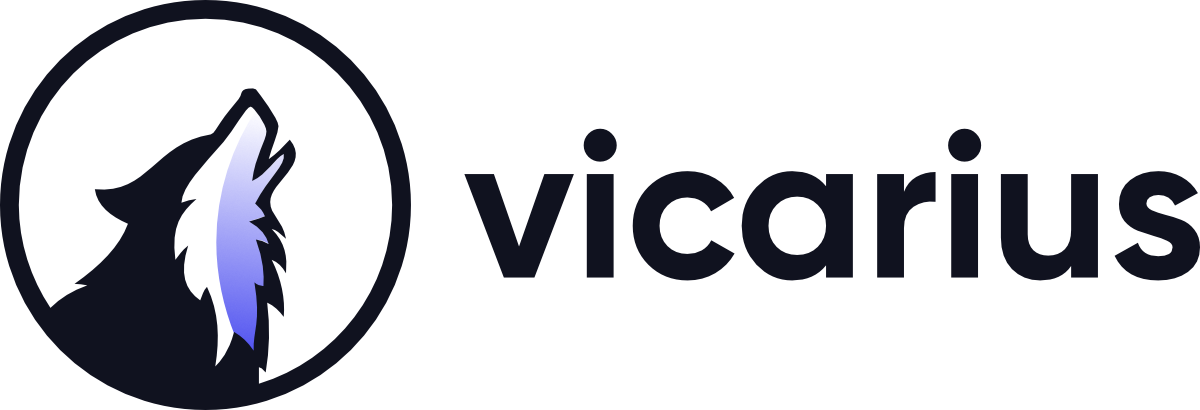VMblog: Lightbend is the company behind Kalix - can you explain to our readers what Kalix is and does?
Jonas Bonér: Kalix is a Platform-as-a-Service (PaaS) that combines an API-first, database-less programming model with a serverless runtime. By bringing all of that into one single package, developers no longer have to set up and tune databases, maintain and provision servers, configure or run compute clusters. All of that is handled by Kalix. On top of that, Kalix brings you advanced data access patterns like Event Sourcing, CQRS, and CRDTs without developers having to learn how to implement them. All they need to do is build their stateful serverless service using one of the available languages and they're up and running in minutes.
VMblog: What problem does Kalix solve?
Bonér: A lot of energy has gone into abstracting away the underlying infrastructure of the cloud with technologies such as Kubernetes and that has moved the industry forward significantly. But building high-performance, highly scalable and resilient back-end services and API's takes a lot of specialized expertise - distributed computing is hard, even in a containerized world. Kalix abstracts away all of the hard stuff required to build this class of services - including databases, caches and message brokers - allowing the developer to focus where there is the biggest value: the business logic.
VMblog: There are so many developer platforms in the market. Why should an organization use Kalix? What's the best use case?
Bonér: Kalix is the only developer platform to enable any back-end developer to build large-scale, high-performance microservices and APIs with no operations required. Designing, building and running high performance, low latency data-centric applications capable of handling large data volumes is challenging from both the degree of technical difficulty and skills availability. Historically, building systems like this required a sophisticated, complicated architecture of various and expensive technologies, such as enterprise application infrastructure software, distributed databases, and caches. Kalix was built specifically to create the super complex distributed applications.
VMBlog: Kalix is database-less. What does that mean?
Bonér: In "traditional," and stateless, serverless platforms you separate the data from the service and you have to explicitly connect them to read existing records, create new records, or update values. Kalix flips that model upside down. The in-memory state, backed by durable storage, reduces latency for data-centric operations and brings the data to your service when it needs it. That makes Kalix uniquely suited for data-centric use cases like digital twins for IoT, real-time financial services, telemedicine, streaming media or gaming.
VMBlog: What makes Kalix unique?
Bonér: Kalix has three primary differentiating factors. They are:
- It has a simple, API-driven programming model that makes it easy for developers to define the data that they need and manages that data behind the scenes so that it is available automatically at runtime.
- Unlike traditional Function-as-a-Service platforms, Kalix offers tightly integrated building blocks that developers don't have to assemble themselves in order to build stateful services and APIs.
- Unlike existing stateful serverless platforms, Kalix offers a wide range of data modeling and persistence options (like Event Sourcing and CRDTs) so developers can choose what fits their use case best.
VMBlog: How does Kalix provide long term sustainability of initiatives given economic instability and skills gap issues?
Bonér: Kalix removes the hurdles of distributed data, distributed systems and all underlying architecture complexity which allows existing development teams to easily move to the cloud and innovate incredibly fast. With respect to the potential skills gap, Kalix allows any back-end or full stack developer to build high-performance, data-centric, cloud-native services. No specialized skills are required- or the salaries those skills can demand. Finally, Kalix is cost-efficient to the extreme so you don't have to worry about (or pay additionally) for underlying infrastructure, databases, message brokers, caches, service meshes, and API gateways. Instead, Kalix allows users to focus squarely on their business logic regardless and continue to innovate regardless of business or naturally occuring challenges of today or those that might arise in the future.
